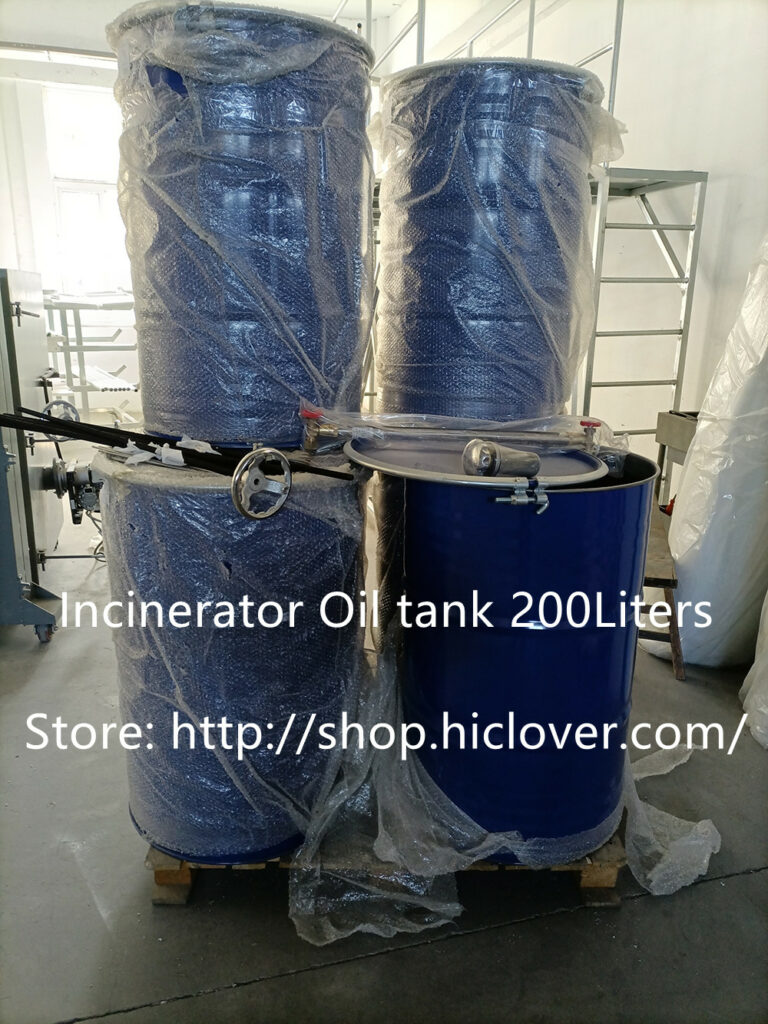Kisumu is a beautiful city in Kenya, known for its stunning landscapes and rich cultural heritage. However, like many cities around the world, Kisumu is also facing environmental challenges, particularly when it comes to waste management. In an effort to address this issue, the city has turned to licensed incinerators to manage its waste. While incineration can be an effective way to dispose of waste, it also comes with its own set of environmental impacts.
One of the main concerns with licensed incinerators in Kisumu is air pollution. When waste is burned, it releases harmful pollutants into the atmosphere, including dioxins, mercury, lead, and other toxic chemicals. These pollutants can have serious health effects on the people living in the surrounding areas, including respiratory issues, cardiovascular problems, and even cancer. Additionally, the emissions from incinerators can contribute to local smog and air quality issues, further degrading the environment.
Another concern with incinerators is the impact on water and soil quality. Incineration produces ash and other residues that can contain heavy metals and other hazardous materials. If not properly managed, these residues can leach into the soil and water, contaminating local ecosystems and posing a risk to human health. Additionally, the process of incineration requires a significant amount of water, which can strain local water resources, particularly in areas where water is already scarce.
Furthermore, incinerators also contribute to climate change. Burning waste releases carbon dioxide and other greenhouse gases into the atmosphere, contributing to global warming and climate instability. This is particularly concerning considering the impacts of climate change on the region, including more frequent and severe droughts and floods.
Despite these concerns, there are steps that can be taken to mitigate the environmental impact of licensed incinerators in Kisumu. For instance, modern incinerators can be equipped with advanced pollution control technologies to reduce emissions and minimize the release of harmful pollutants into the environment. Additionally, proper waste segregation and management can help reduce the amount of waste that needs to be incinerated, thereby minimizing the overall impact on the environment.
It’s also important for the government and regulatory authorities to enforce strict environmental standards and regulations for incinerators, to ensure that they are operated in a way that protects the environment and public health.
In conclusion, licensed incinerators in Kisumu can have a significant environmental impact, particularly in terms of air pollution, water and soil contamination, and contributions to climate change. However, with the right technologies and regulations in place, the impact of incinerators can be minimized. It’s important for the local government and community to be aware of these issues and work towards sustainable solutions for waste management in the city.



